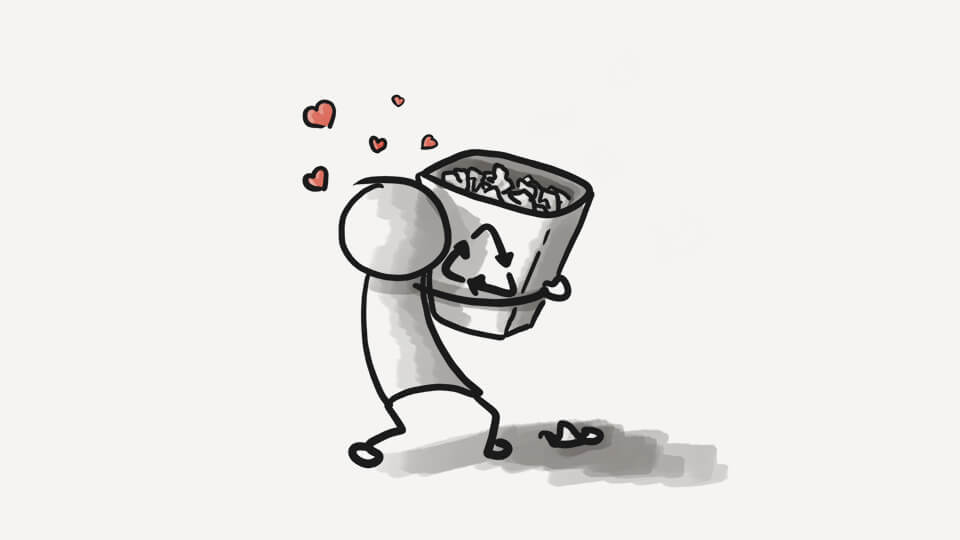Have you ever heard anyone on the radio, TV, or in real life say,
“You know what, after a short reflection, I don’t think I meant what I said a moment ago. I was looking for a different phrasing, and it sort of got jumbled up, and—Well, you know how it is.”?
No. That’s not how it goes.
For some quirk of the human mind, people always stick to their guns, even after they realized they’re wrong (and their ears have gone red). You’re a good, reasonable person, the rationalization goes, therefore the words that have left your mouth must be good, reasonable words, mustn’t they?
You know you don’t always say what you mean, but how often do you admit to being wrong? You realize you made a blunder, spoke too harshly, or embarrassed someone, and then what you do?
Most people avoid eye contact while they wait for the awkward silence to pass. When confronted, their first reaction is defense and rationalization, sometimes a counter-attack.
They do it because their status is threatened. It’s a gut reaction, they can’t help it, or stop it from escalating.
It’s not pretty, but it’s human, and a great source of conflict in stories.
If you liked this article, I would appreciate it if you shared it with someone who may find it helpful.

